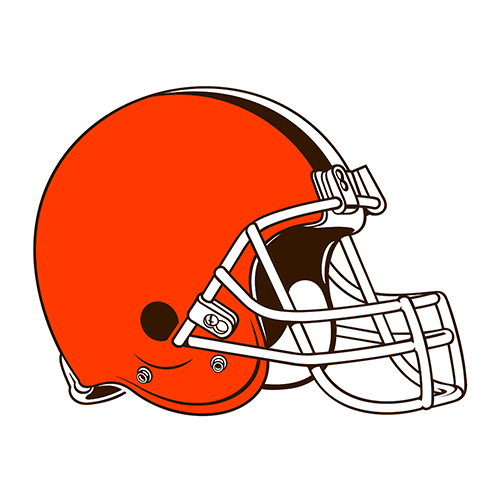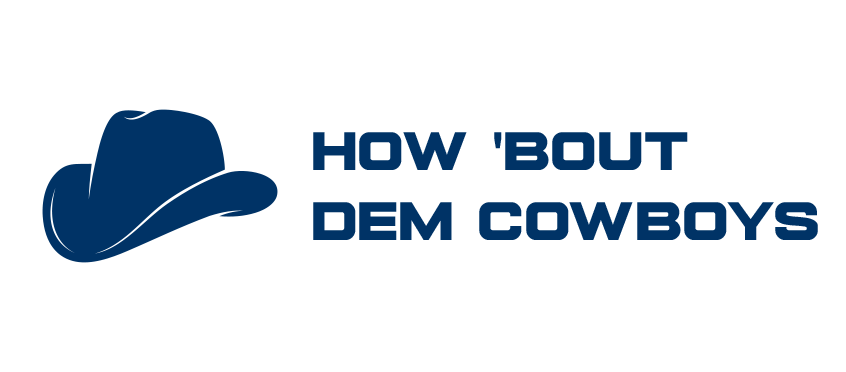Every year around this time, we’re reminded of just how ridiculous the NFL’s rules around the use of injury reserve have become. We just saw it with some of the Cowboys’ latest maneuvers, cutting veterans for less than 24 hours for some IR maneuvering. It’s become a convoluted maze of loopholes, not only creating confusion but also undercutting the integrity of one of the purest ideas in sports: making the team.
To its credit, the league has become increasingly responsive to concerns about player safety and overall health. There was a time when moving a player to IR was an automatic season-ender, and then another point where only two guys could return from IR during the year, provided they were part of the initial 53-man roster after final cuts and designated for early return.
Layers of new rules and exceptions have continued to be built on this process. Now, teams can return eight players from IR throughout the season and don’t have to designate them in advance. Recently, the rules now allow for two players who were placed on IR during training camp or preseason to also be eligible for a mid-season return. The Cowboys intend to utilize this provision with WR Jonathan Mingo and DE Payton Turner, who are recovering from recent injuries but are expected to return by October.
But those weren’t the only injured Cowboys coming out of the summer. RB Phil Mafah and CB Caelen Carson are also banged up, with Carson having missed all of August with a knee issue. Dallas wants the option to bring them back during the year, though, so it required a brief period of roster gymnastics. To be eligible to return, Carson and Mafah had to be carried on the roster through final cuts. Then, this happened:
Before Tuesday’s 4 pm ET deadline, Adeniji and Goodwin had been released to help Dallas get down to the 53-man limit. But once waivers were processed on Wednesday, Dallas immediately re-signed the veterans after moving the young prospects to injured reserve. Clearly, as has happened with Goodwin multiple times now over the last few years, they were released with a wink and full understanding that it was a temporary formality.
So the big question here is, “Why?”
If teams have to go to all this trouble to circumvent the rule, and it’s allowed, then why have the rule? Why does it matter if a player got hurt during OTAs or a preseason game? Why does it matter if they were on the roster on August 26th and gone on the 27th? Isn’t this getting pretty silly?
This entire system is based on the longstanding goal of preventing teams from abusing IR, using it to retain extra players they don’t want to lose but also don’t have room for in the current year. As we mentioned before, the NFL has softened on this with increasing awareness of the long-term ramifications of playing through injuries, even supposedly minor ones. That’s also why practice squads have now ballooned to 16 spots, double what they were just 20 years ago.
But if Mafah and Carson are actually hurt enough to justify being on IR, which is a different debate, then why not just let them be placed there just like Mingo and Turner? If teams are just going to shake hands with veteran journeyman to go through this one-day farce of a transaction, what’s the point?
For that matter, as long as the medical reports are going to be trusted, then why put so many restraints on the overall process? Every year, some teams have worse injury luck than others. And as we know, injuries are a prevalent part of football, and players have become increasingly self-protective. Limiting teams’ ability to navigate injuries, whether it’s through restrictions on the use of IR, or even the reduced active spots on gameday rosters, feels increasingly antiquated.
Beyond adapting to the modern appreciation for sports medicine and health, there’s the integrity of the game component. Historically, one of the most impactful parts of the “Hard Knocks” series is in that final episode when some guys make it and some guys don’t. All summer long, these guys fight for a place on the roster. Hakeem Adeniji earned his way to being the backup right tackle, and having to spend a night unemployed just cheapens that accomplishment. After an offseason of coaches trying to push culture and camaraderie, it’s a generally unnecessary reminder of the business side of the NFL.
Of course, the Adenijis, Goodwins, and many other veterans who played their part this week probably aren’t that bothered. It is just business, after all, and they didn’t lose a penny in the process. But for as much as the modern fan sees the fourth wall, whatever small ways we can preserve some innocence and even the perception of purity is worth considering. Even if you don’t care about such things, just do it in the name of logic and efficiency. No matter how you spin it, it’s just not worth the hassle.
0 CommentsSee More:


































